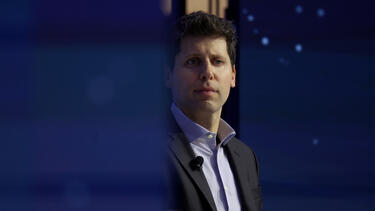Technology
Will Self-Driving Cars Lower Ride-Hailing Prices?
Lower cost is one anticipated advantage of incorporating autonomous vehicles (AVs) into ride-hailing services. But a study co-authored by Prof. Zhen Lian suggests that lower prices will only materialize under certain market conditions, such as using a single app for both AVs and human drivers.

- Collection No. 8
Are You Ready for AI?
Of the many technologies that have changed our lives since the invention of the microchip, generative AI may have had the most dramatic debut. ChatGPT is likely the fastest-growing internet service ever, and every major tech company is scrambling to incorporate Large Language Models into their products. We’ve been talking with Yale faculty and alumni about the potential of the technology to both advance and disrupt our society.
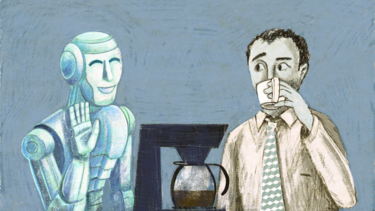
How Could the Lawsuit against Apple Shift the Smartphone Landscape?
We asked Prof. Fiona Scott Morton, the former chief economist for the DOJ’s Antitrust Division, how a successful suit would change the devices and services available to consumers.

Is Uber Strangling the Restaurant Business?
Restauranteurs are reporting increasing difficulty in attracting and retaining servers because apps like Uber and Lyft offer another option for entry-level workers. Yale SOM’s Jiwoong Shin and his co-authors took advantage of the sudden departure and return of ridesharing in Austin, Texas, to understand its effect on restaurants.

What Have the Bots Learned about Us?
The emergence of generative AI has opened new possibilities for the mass creation and dissemination of misinformation. Are the major social media platforms ready? We talked to Prof. Tauhid Zaman, who studies how bots manipulate opinion on social networks.

Is AI a Savior or a Peril—or Both?
With applications of artificial intelligence spreading from the realm of data science to the apps at your fingertips, a day-long conference at the Yale School of Management considered how to unlock the technology’s positive potential while containing possibilities for misuse, misinformation, and labor-market mayhem.
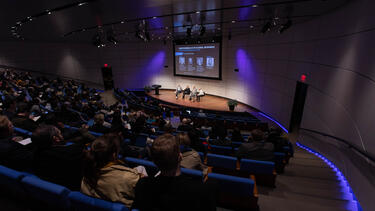
Can Industrial Policy Help Revive Struggling Regions?
A new paper co-authored by Yale SOM’s Cameron LaPoint looks at an effort in 1980s Japan to narrow economic inequalities between geographic regions, in order to understand the potential impact of the similar U.S. CHIPS and Science Act, enacted in 2022.
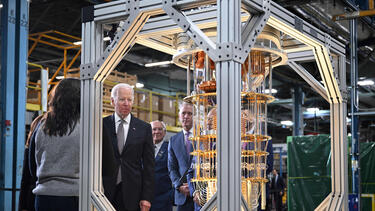
Assembling an Economy in Space
A mix of public and private investments are positioning the space economy for a period of growth and innovation, says Sven Eenmaa ’98, director of investment and economic analysis at the International Space Station U.S. National Laboratory.
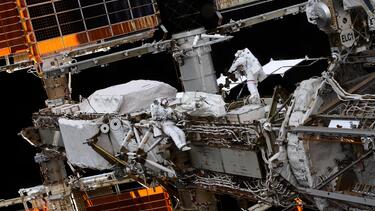
Can ChatGPT Accelerate Social Science Research?
Yale SOM’s Balázs Kovács and his co-authors spent years designing a computer-based method to measure “typicality.” In a new study, they found that ChatGPT could duplicate their results at a fraction of the cost.
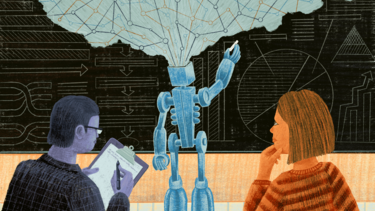
The Israel-Hamas War Reveals the Fundamental Flaws of Social Media
Yale SOM’s Jeffrey Sonnenfeld and Steven Tian write that the viral spread of anti-Semitic and Islamophobic content over the last two months has underlined the failure of social media platforms to control misinformation and hate—and the importance of truth in the face of propaganda.

What Went Wrong at OpenAI?
Days after he was suddenly fired, CEO Sam Altman returned to OpenAI on November 21, and the board that removed him was overhauled. We asked leadership expert Jeffrey Sonnenfeld how the company’s structure and the performance of the board contributed to the chaos.
